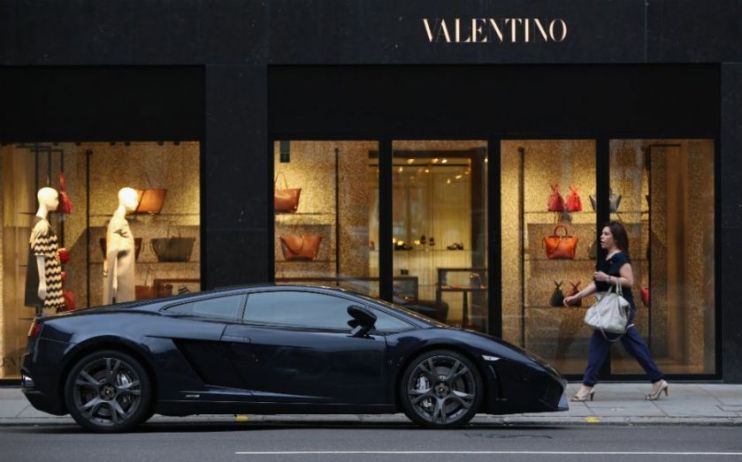Frozen Russian assets should act as ‘wake up call’ for UK government, campaigners say

The billions in Russian assets frozen by UK authorities since the start of the war in Ukraine should act as a “wake up call” to the British government, to ensure it never allows a “kleptocratic regime” access to the country’s economy again, campaigners have said.
The record £18.39bn in assets frozen by the UK’s Office of Financial Sanctions Implementation (OFSI) in the six months after 22nd February 2022 simply highlight “just how much Russian money there is in the UK financial system,” Spotlight on Corruption’s executive director Dr Susan Hawley said.
The data published in the OFSI’s annual review show the UK sanctions enforcer has frozen billions worth of assets owned by sanctioned entities and individuals, since Russia’s invasion of Ukraine earlier this year.
The freezing of funds comes after the UK sanctioned more than 1,200 individuals and more than 120 Russian entities in the wake of the Russian government’s decision to begin its “special military operation” in Ukraine in February.
The OFSI also recorded a major uptick in suspected sanctions breaches, which saw the agency record 236 suspected breaches in the six months following Russia’s invasion, compared to 142 breaches in the financial year ending in April 2022.
However, the sanctions enforcement agency failed to impose a single fine against those suspected of breaching sanctions in the months following Russia’s invasion, having only imposed two fines – both against fintech companies – in the previous financial year 2021/22.
“Worryingly, despite receiving 236 reports of sanctions breaches, OFSI hasn’t issued a single fine for breaches under the sanctions regime since February’s invasion” Dr Hawley said, as she warned the lack of fines raises questions about the OFSI’s “enforcement capabilities and capacity.”
The data comes after OFSI chief Giles Thomson this week revealed the sanctions agency is actively investigating a number of law firms for potential sanctions breaches, as he warned of a “very small minority” of firms actively helping to avoid sanctions.